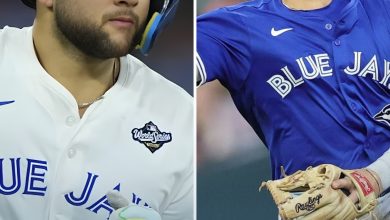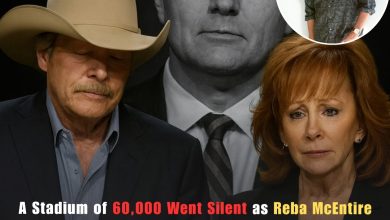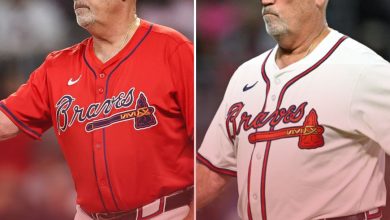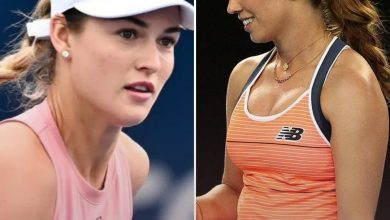Cubs’ Season Ends in Familiar Frustration as Offense Fizzles, Questions Loom
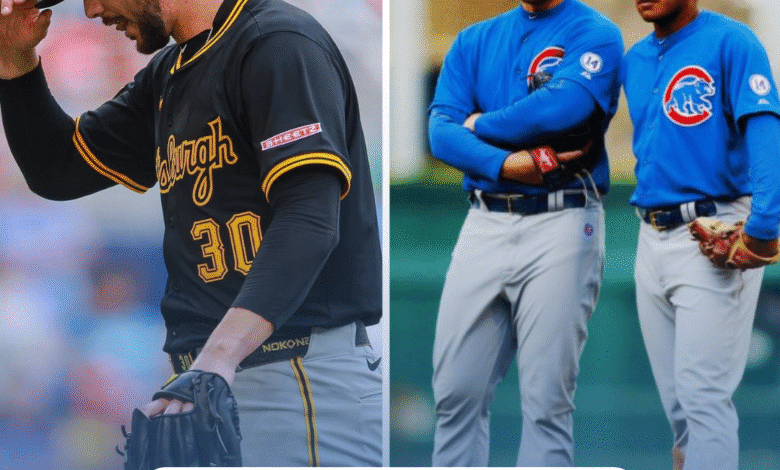
MILWAUKEE — The Chicago Cubs’ season ended much like it unfolded — with flashes of brilliance, long stretches of inconsistency, and ultimately, disappointment. After a roller-coaster campaign that saw their offense soar in the first half before collapsing in the second, the Cubs fell 3–1 to the Milwaukee Brewers in Game 5 of the National League Division Series on Saturday, watching their rivals advance to the NLCS.
For a brief moment, it looked like Chicago had rediscovered its spark. Three home runs in Game 4 at Wrigley Field had reignited the city’s postseason energy, evoking memories of the “Bryzzo” era. But the momentum quickly evaporated in Milwaukee, where the Cubs’ bats went cold again against a relentless Brewers bullpen.
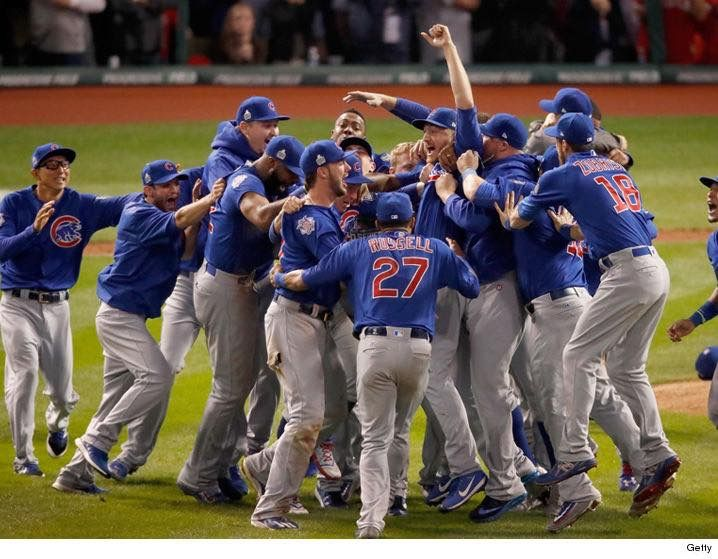
“It’s a challenging thing to get to Game 5 of a division series and have the championship series right in front of you,” infielder Nico Hoerner said afterward. “You can look forward to things to come, but when you’re in the middle of it, knowing how hard it is to get here, it hurts.”
The Brewers, simply put, were better — not dramatically, but decisively. Their pitching depth carried them through the series, highlighted by five relievers who silenced the Cubs’ offense in the clincher. Rookie Jacob Misiorowski allowed only one run — a solo homer to Seiya Suzuki — while the Brewers’ own lineup capitalized with three two-out solo shots that made the difference.
Manager Craig Counsell opted not to use left-hander Shota Imanaga, who had struggled down the stretch and lost confidence after giving up home runs in 10 straight outings. Imanaga, who was expected to start, took responsibility.
“I felt like I didn’t have enough skills there,” he said through his interpreter. “Hopefully I can improve so I have the trust to give us long innings next time.”
The decision not to bolster the rotation at the trade deadline now looms large. President of baseball operations Jed Hoyer passed on adding a proven starter, a gamble that backfired after Cade Horton fractured a rib late in the regular season.
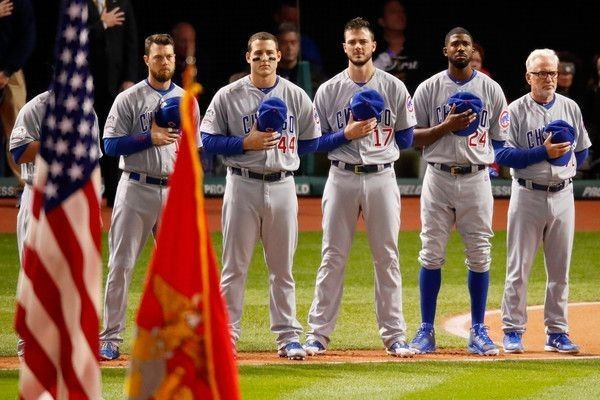
Offensively, the Cubs’ inconsistency was glaring once again. The team’s middle of the order vanished when it mattered most. Kyle Tucker, the $16.5 million outfielder acquired last winter, went hitless in his final game — a likely farewell after failing to reach a long-term deal.
“I don’t know what the future holds,” Tucker said. “But if not, it was an honor playing with these guys. It was a fun group to be part of.”
The Cubs’ sixth-inning collapse symbolized their season: runners on, opportunities squandered, and silence from the middle of the lineup. Tucker struck out with two on, Suzuki lined out, and Ian Happ froze on a called third strike to end the threat.
When Brice Turang added an insurance homer in the seventh, the Cubs were done.
The offseason now brings difficult choices. Hoyer must decide whether to rebuild around his young core — led by Hoerner, Suzuki, and breakout leadoff man Michael Busch — or retool aggressively. Replacing Tucker in right field will be a top priority, and the bullpen needs attention as well. Veteran Andrew Kittredge is likely to see his $9 million team option exercised, while Brad Keller’s strong season could earn him a new deal.

“I loved my time here,” Kittredge said. “This was such a great group. The bullpen had great chemistry. It was special to be a part of.”
Still, the Cubs’ window remains open — just narrower. Pete Crow-Armstrong, once billed as the next franchise cornerstone, showed flashes of talent but also immaturity, struggling at the plate and letting frustration boil over. He’ll be central to the team’s plans moving forward but has growing up to do.
Counsell, in his first season managing the Cubs, guided them to 92 wins and their first playoff berth in five years. But after another early exit, his decisions will face scrutiny: Should he have leaned on Busch more against lefties? Could the rotation have been set differently?
Those questions, and more, will hang over Wrigley Field this winter. The Cubs met their minimum expectation — make the playoffs — but fell far short of fulfilling the hope that surrounded them in April. For a franchise with sellout crowds and sky-high payroll flexibility, “good but not great” no longer satisfies.
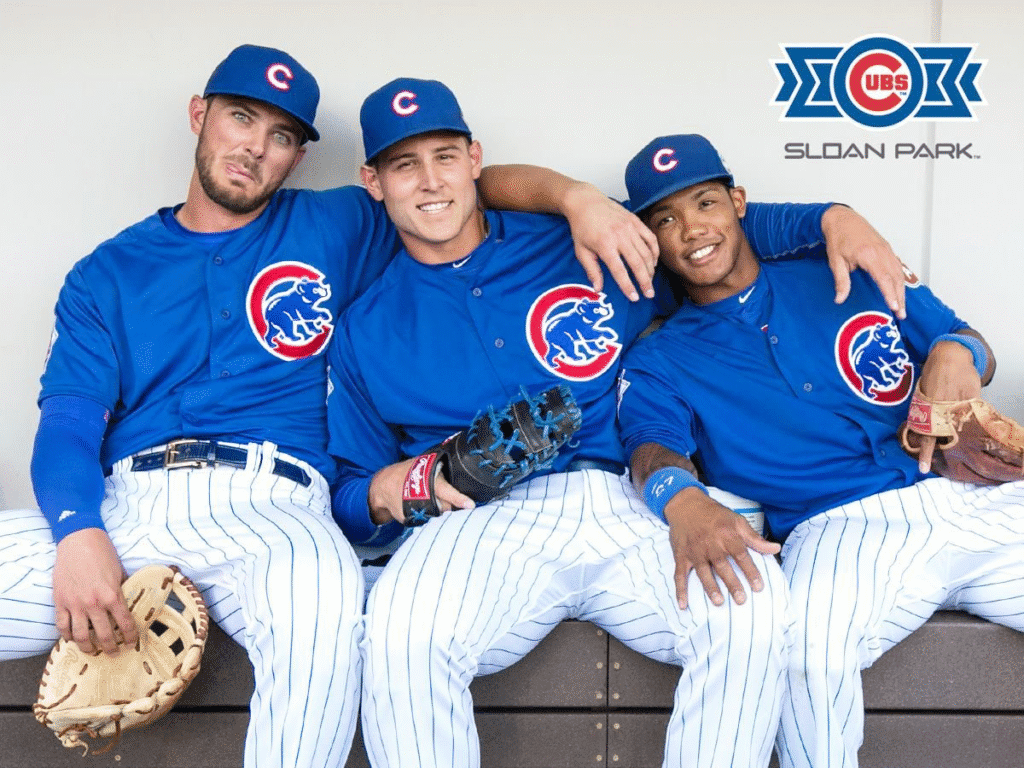
Ricketts and Hoyer can only hope that next October, fans’ passion and loyalty are finally rewarded — with something more than another bittersweet ending.

